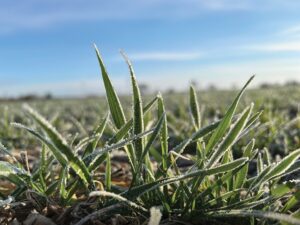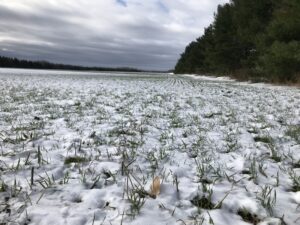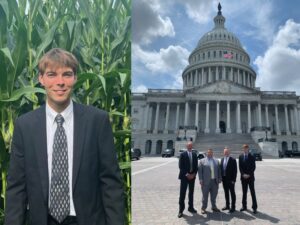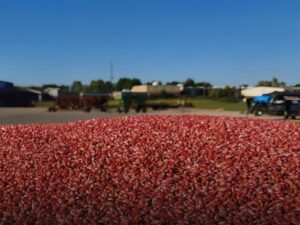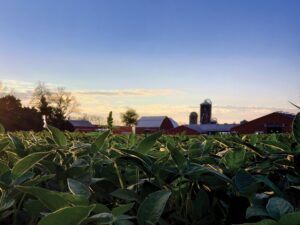Under the midnight sun
Nuffield Canada celebrates where farming pushes boundaries
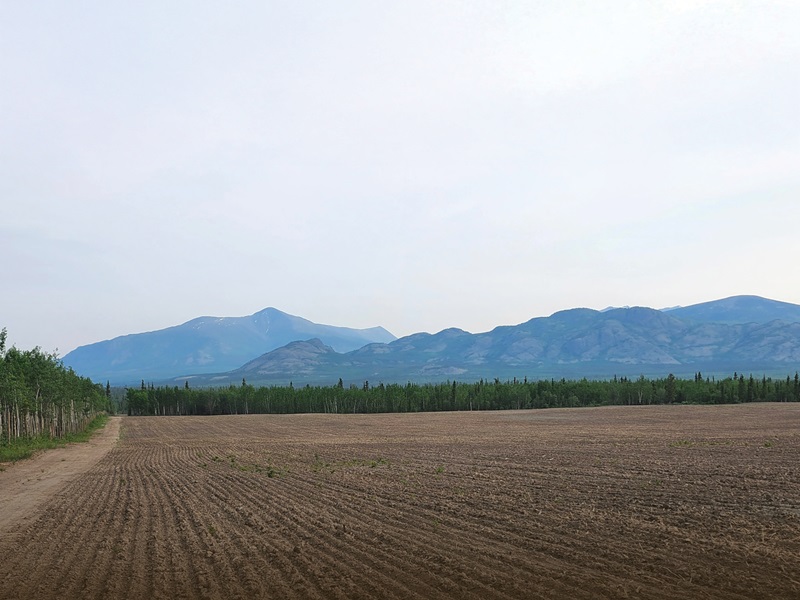
Leona Watson considers herself a bit of a time-travelling farmer. Breaking land from scratch, putting in years of labour to get it into production, and farming with older equipment, there are days she feels like the clock has been turned back 100 years.
Some might be surprised to learn that Watson’s home is right here in Canada, just outside of Whitehorse in the Yukon.
The 2011 Nuffield Canada Scholar has been able to take many of the lessons learned through her global studies and help carve out a way of life for her family. It is that pioneering mindset deeply embedded in the Yukon’s agricultural DNA that made it both a unique and fitting location for Nuffield Canada’s 75th anniversary.
Nuffield Canada is a national agricultural leadership program that supports farmers and agri-professionals in expanding their knowledge through international study. Each year, a small group of Canadian scholars are selected to travel the world, exploring a topic that connects their personal passion with broader industry impact. Since 1950, more than 150 Canadians have completed the program.
The goal is to bring ideas home that challenge thinking, build networks, and help move Canadian agriculture forward. Scholars return to share what they’ve learned through presentations, written reports, and leadership in their communities and sectors.
Nuffield Chair Steve Larocque says scholars come away from the Nuffield experience, changing what they do and ultimately improving agriculture, as exemplified by Watson.
The Yukon region, a land of both tremendous opportunity and challenge in the agricultural space, provided an incredible backdrop for an organization like Nuffield, which prides itself on learning, travel, knowledge transfer, and growth. Scholars toured farms, food processors and ag businesses throughout the region. Larocque says there was no better fitting place to bring together Nuffield scholars than Canada’s north during the solstice.
“It’s such a pioneering area. It’s just so maverick up here, so independent. So, it was fascinating to see those farms and grow to appreciate our own farms at home for what we have and the resources we have versus up here.”
The Yukon’s agriculture sector is small but ripe with opportunity. It’s what drew Leona Watson and her husband north a decade ago in search of a new chapter.
NORTHERN CHALLENGES AND OPPORTUNITIES
“My husband and I purchased our first hunting area and off to the Yukon we went,” says Watson. “I thought it was just full of opportunity to come up here. Like I said, just start a farm from scratch and see where you go. Lots of hard work.”
Opportunity, however, often walks hand-in-hand with challenge, something producers in the North know well. While the region has space, demand, and community interest, it also has infrastructure gaps and environmental pressures that make the work demanding.
“Farming up here definitely comes with many challenges,” says Watson. “It’s definitely not for the faint of heart. I think just the fulfillment of seeing the fruits of your hard labour is something that not everybody gets to experience.”
Due to its remote location, everything comes at a cost. “My trucking bill is expensive,” she says. “Fertilizer comes from Dawson Creek. Seed will come from Fairview, Alberta. A lot of us farmers try to work together to split the cost, to minimize the cost on transport because it’s just an extra added cost.”
That cooperative spirit is echoed across the region. Hanna Fish, executive director of the Yukon Agricultural Association, says despite the challenges, the Yukon is full of potential, especially for those looking to build something new.“I think the Yukon has an endless amount of things to offer,” says Fish. “ I think the opportunities here are actually more widespread than what you would find down south.
But she’s quick to point out that gaps remain, especially when it comes to basic services that farmers in other parts of the country often take for granted. “It’s pretty hard to get insurance up here for farmland, for farm services, agribusiness, things like that,” says Fish.
That lack of infrastructure has created a generation of highly self-sufficient producers. “I like to call them our A-to-Z producers,” Fish says. “They’re doing everything from growing the product, going to the genetics of their livestock, bringing it into harvest time, bringing them up to slaughter weight, finding the butcher shop, bringing it to the retail store, marketing themselves, going to the farmer’s market. They really do the entire cycle themselves.”
Fish says food sovereignty and the ability to produce culturally and locally appropriate food are top of mind in the territory. Local producers play a key role in this work.
“Most of our food gets trucked in or, on occasion, flown in,” says Fish. “And every amount of agricultural product that our producers can make does help address that, but it can be difficult to really circulate those products so they can scale up further.”
That blend of persistence, innovation, and vision is what defines agriculture in the North and what made the Yukon the right place, at the right time, to mark 75 years of Nuffield Canada. •



